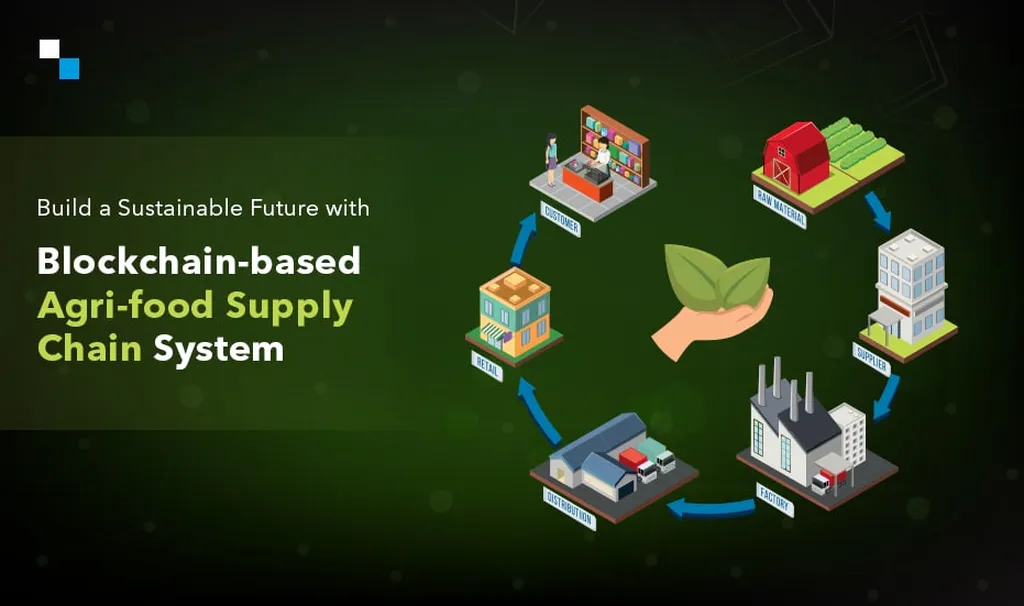In the heart of Iran’s agricultural sector, a technological revolution is brewing, one that promises to reshape supply chains and bolster sustainability efforts. Blockchain technology, known for its robust security and transparency, is emerging as a powerful tool to enhance environmental sustainability in agriculture. A recent study published in the *Journal of the Saudi Society of Agricultural Sciences* delves into the adoption of blockchain within Iranian agricultural supply chains, highlighting its potential to foster sustainable practices and improve traceability.
The research, led by Mohammad Sadegh Allahyari from the Agricultural and Rural Development and Economy Research Center at Islamic Azad University, employs a qualitative interpretive structural modelling (ISM) approach to analyze the advantages and challenges of integrating blockchain technology in agriculture. The study underscores blockchain’s role in reducing fraud, optimizing logistics, and minimizing waste, all of which contribute to a more sustainable agro-environment.
“Blockchain technology enables improved traceability and transparency, which are crucial for monitoring environmental factors such as water usage, soil health, and biomass management,” Allahyari explains. This enhanced monitoring capability can lead to more efficient resource management and reduced environmental impact, ultimately benefiting both farmers and consumers.
One of the key findings of the study is the identification of significant challenges that need to be addressed for successful blockchain adoption. These include stakeholder awareness, regulatory uncertainties, and the complexities of technology implementation. The study proposes strategic interventions to mitigate these barriers, emphasizing the importance of collaborative efforts among supply chain participants.
“Collaborative efforts are essential to align business strategies with environmental sustainability goals,” Allahyari notes. By providing a strategic framework for blockchain integration, the research aims to enhance the balance between agricultural productivity and environmental conservation in Iran.
The study also highlights the commercial impacts of blockchain technology on the agriculture sector. Improved traceability and transparency can enhance consumer trust and open up new market opportunities. Additionally, the reduction of fraud and waste can lead to significant cost savings and improved profitability for agricultural businesses.
Looking ahead, this research could shape future developments in the field by encouraging more stakeholders to explore the potential of blockchain technology. As the agricultural sector continues to evolve, the integration of innovative technologies like blockchain will be crucial in meeting the dual challenges of increasing productivity and ensuring sustainability.
The findings offer valuable insights for stakeholders contemplating blockchain adoption in pursuing sustainable agricultural development. By addressing the identified challenges and leveraging the technology’s advantages, the agricultural sector can move towards a more transparent, efficient, and environmentally friendly future.

